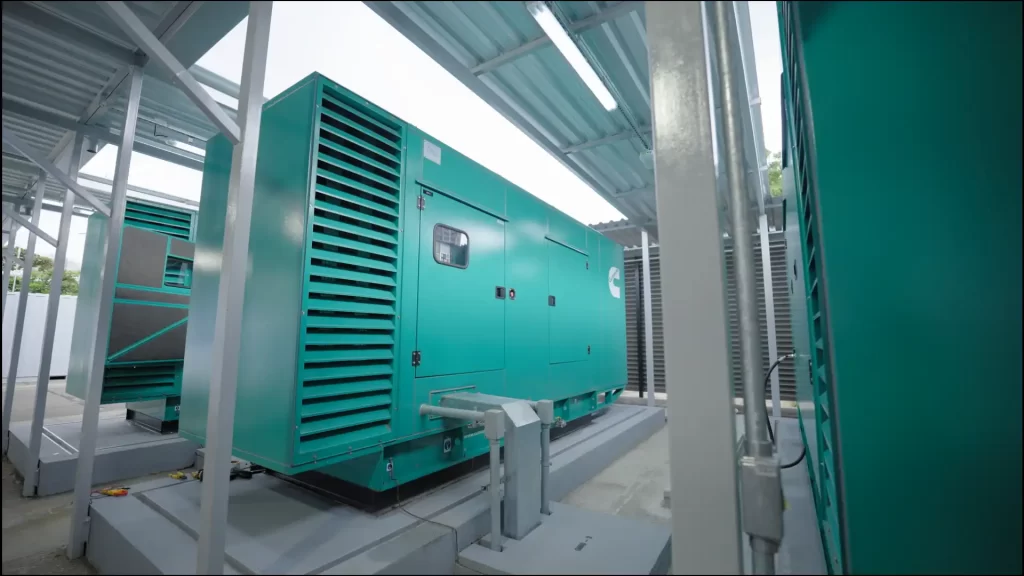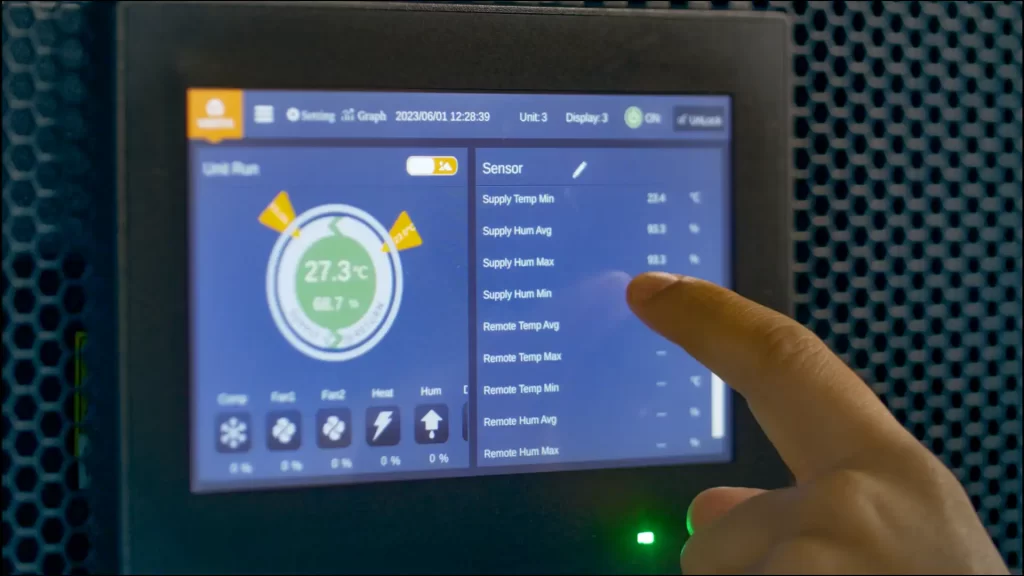AI: A Springboard for the Data Center Sector
Artificial intelligence promises to radically transform the design and construction of data centers by directly applying it to optimize the data infrastructure lifecycle. From conception to maintenance and operation, factoring in energy efficiency, cooling, spatial distribution, and future expansion capacity.
The creation of more effective designs adaptable to technological, climatic, and market changes makes it possible to identify patterns and optimize construction processes. Reducing waste and delays, it can automatically monitor and adjust energy consumption in real-time, based on usage patterns, weather forecasts, and processing needs, ensuring more sustainable and cost-effective operations.
Additionally, AI promises to revolutionize the design and construction of data centers by enhancing everything from analyzing data center projects to how they are maintained.
Explore some ways this transformation can manifest:
Advanced Project Analysis:
AI can be used to conduct deep, detailed analyses of data center projects evaluating everything from energy efficiency, structural design, and spatial layout to capacity requirements. This allows for identifying optimized and personalized solutions to meet specific needs, acting as an investigative tool capable of providing appropriate answers to the most complex problems with minimal human intervention.
Enhanced Security and Digital Fraud Prevention:
AI can contribute to data center security through advanced behavior analysis, anomaly detection, and automated incident response, substantially aiding in protecting against cyberattacks.
Event Prediction:
Given the capability of powerful processors combined with the analysis of large data volumes, AI can identify patterns and make predictions about a wide variety of events. This ability is especially valuable in managing data centers, where anticipating trends and forecasting demand can be crucial for optimizing operational efficiency and ensuring reliable IT infrastructure performance.
Improved Energy Efficiency:
AI can play a key role in optimizing energy energy use in data centers, aligning with sustainability principles and significantly reducing operational costs.
Through advanced algorithms and real-time data analysis, AI can identify consumption patterns, dynamically adjust resources, and optimize the performance of cooling and energy systems, resulting in a more efficient and economically viable environment. These practices not only reduce environmental impact but also strengthen the resilience and competitiveness of data centers in today's market.
Advanced Predictive Maintenance:
AI makes it possible to anticipate potential equipment antes mesmo de sua ocorrência, viabilizando a implementação de failures before they occur, enabling the implementation of predictive and preventive maintenance strategies with high precision and accuracy.
Automated Management:
AI could automate numerous costly data center management tasks, from dynamic resource allocation to system performance optimization, freeing human operators to focus on higher operational advantage tasks or added value.
These are just a few examples of how AI is setting a new standard for the future of data centers, making them more efficient, resilient, and adaptable to the demands of an increasingly digitalized world.

